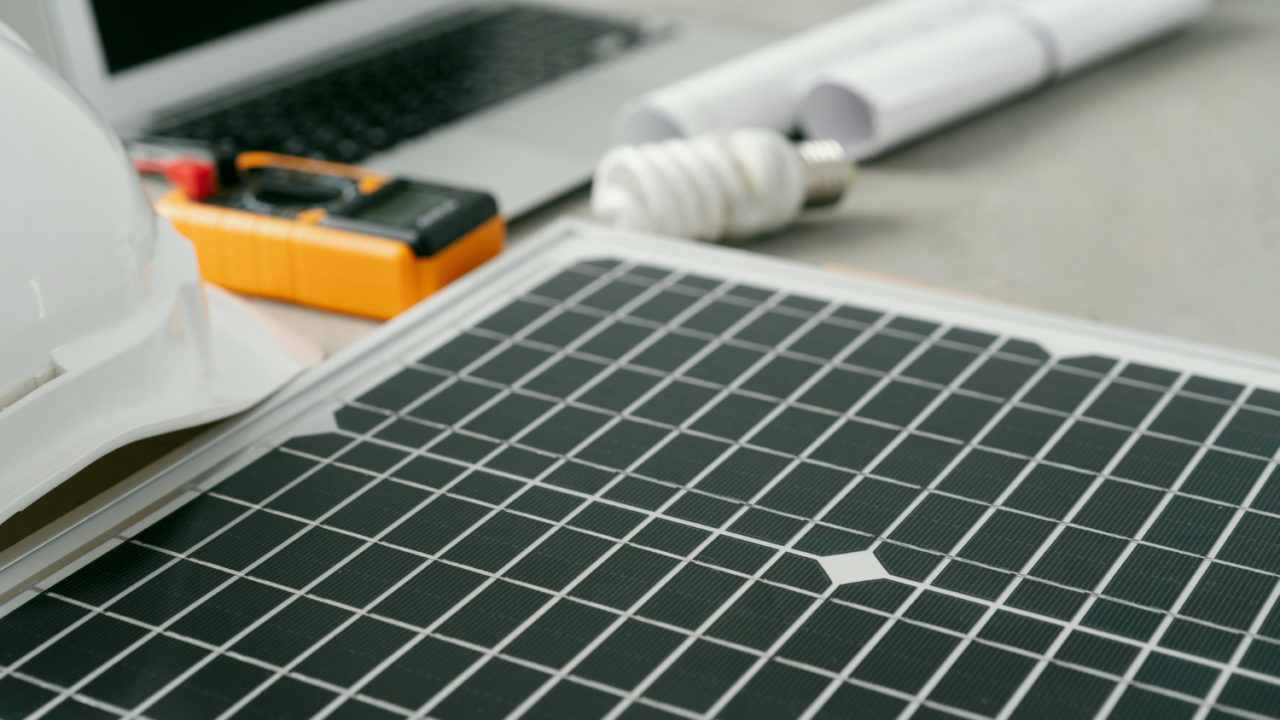
Understanding the different types of solar panels is essential for making informed decisions about harnessing solar energy for residential, commercial, or industrial purposes. From traditional monocrystalline and polycrystalline panels to more recent innovations like thin-film and bifacial panels, this article will shed light on the diverse array of options available, highlighting their strengths and best-fit scenarios.
In the ever-evolving landscape of renewable energy, solar power has emerged as a prominent player in the quest for a sustainable and environmentally friendly future. At the center of this energy revolution are solar panels, sometimes referred to as photovoltaic (PV) panels, which turn sunlight into electricity.
The different types of solar panels
There are three types of solar panels primarily available in the market: monocrystalline, polycrystalline (also known as multi-crystalline), and thin-film. These solar panels vary in appearance, performance, costs, and how they’re made. Depending on the type of photovoltaic installation, one option may be more suitable than the others. It is necessary to take into account various factors, such as its cost, materials, appearance, and efficiency.
- Monocrystalline solar panels are made from a single crystal of silicon, which gives them a higher efficiency than polycrystalline panels. However, they are also more expensive. This type of solar panels are indicated for extreme weather conditions, as they are more durable have a long lifespan. Monocrystalline panels are also the type with the highest efficiency, with 15-20% efficiency at optimal conditions.
- Polycrystalline solar panels are made from multiple crystals of silicon, which makes them less expensive than monocrystalline panels. However, they are also less efficient. These panels can be used in a variety of applications, including rooftops and solar parking lots, also guaranteeing durability and reliability.
- Thin-film solar panels are made from a thin layer of semiconductor material, such as amorphous silicon, cadmium telluride, or copper indium gallium selenide (CIGS). They are the least expensive type of solar panel, but they are also the least efficient and with a shorter lifespan.

Different solar panel types fulfill various functions and demands. The fact that sunlight may be utilized in different ways on Earth and in space suggests that location plays a big role in determining which kind of solar panel to choose.
Differentiating between single-junction and multi-junction solar panels, also referred to as first, second, or third generations, is frequently necessary in order to distinguish between various solar panel types. The number of layers on a solar panel that will observe sunlight varies between single-junction and multi-junction solar panels, whereas the generational classification of solar panels concentrates on the materials and efficiency of the many solar panel kinds.
Additionally read what solar panels are made of.

Solar energy is the focus of Universal Kraft. Our ability to evaluate opportunities and make swift judgments originates from our experience designing and building photovoltaic solar systems. As a result, we are able to provide partnerships and our own developments with affordable solutions.
To discover the optimum solutions for every situation—on land or in the water—we integrate several solar energy technologies. By using decentralized solutions to minimize grid constraints, we create installations for local energy production.




